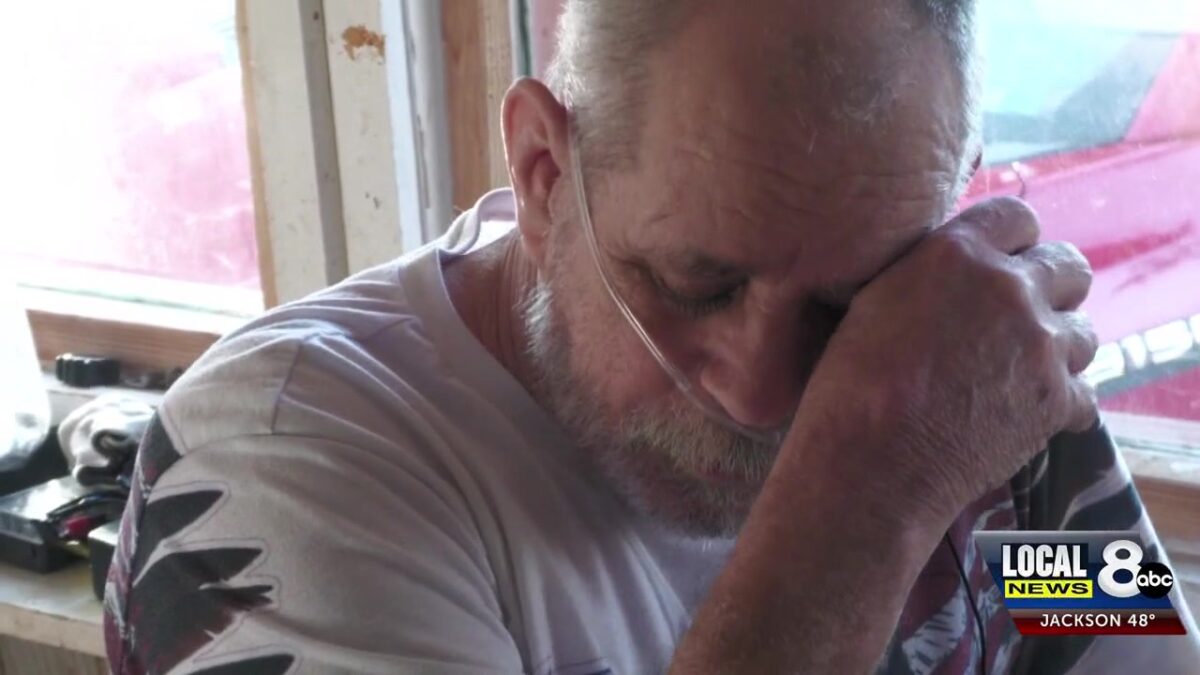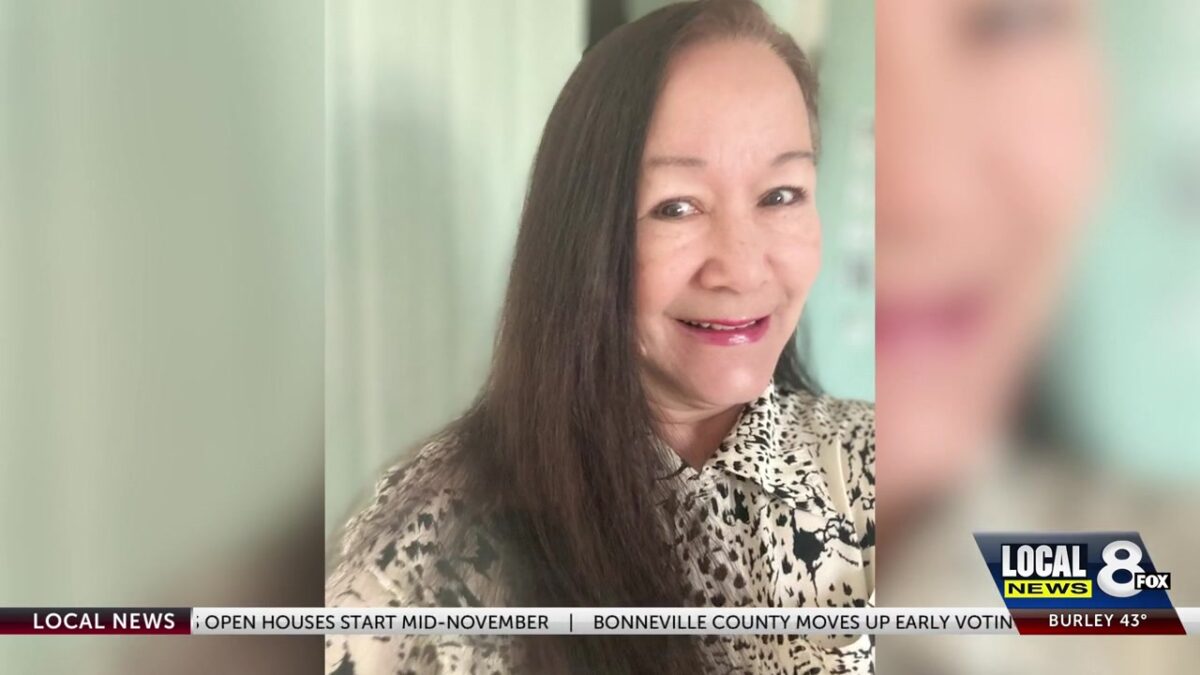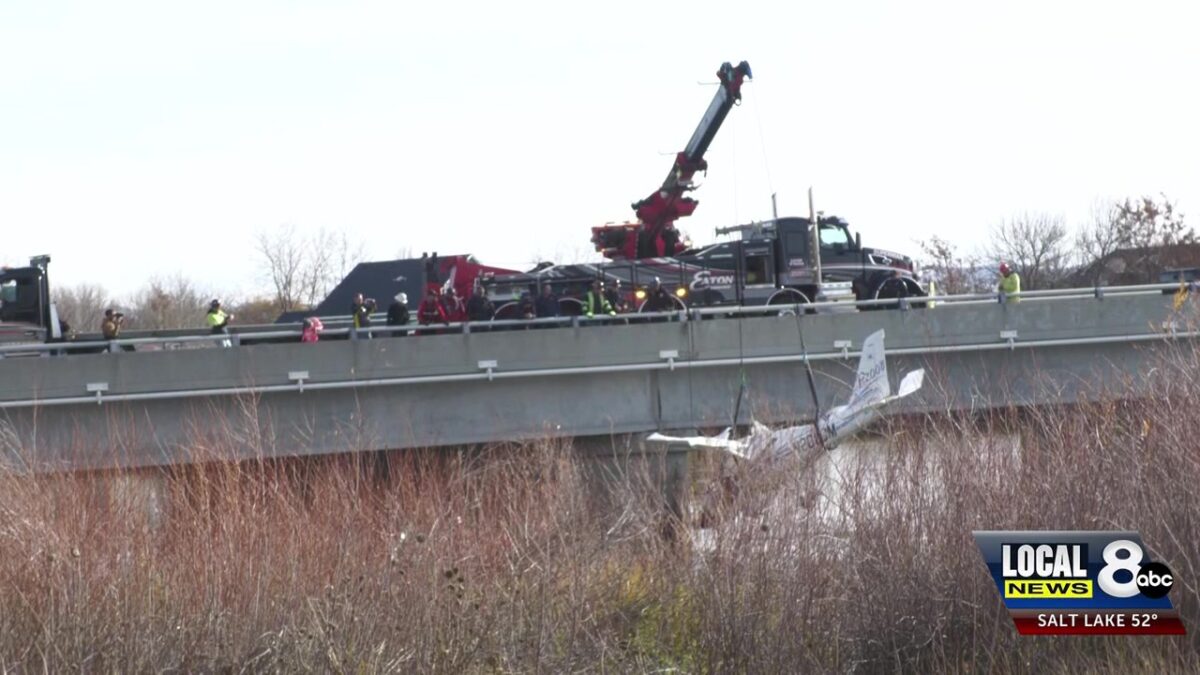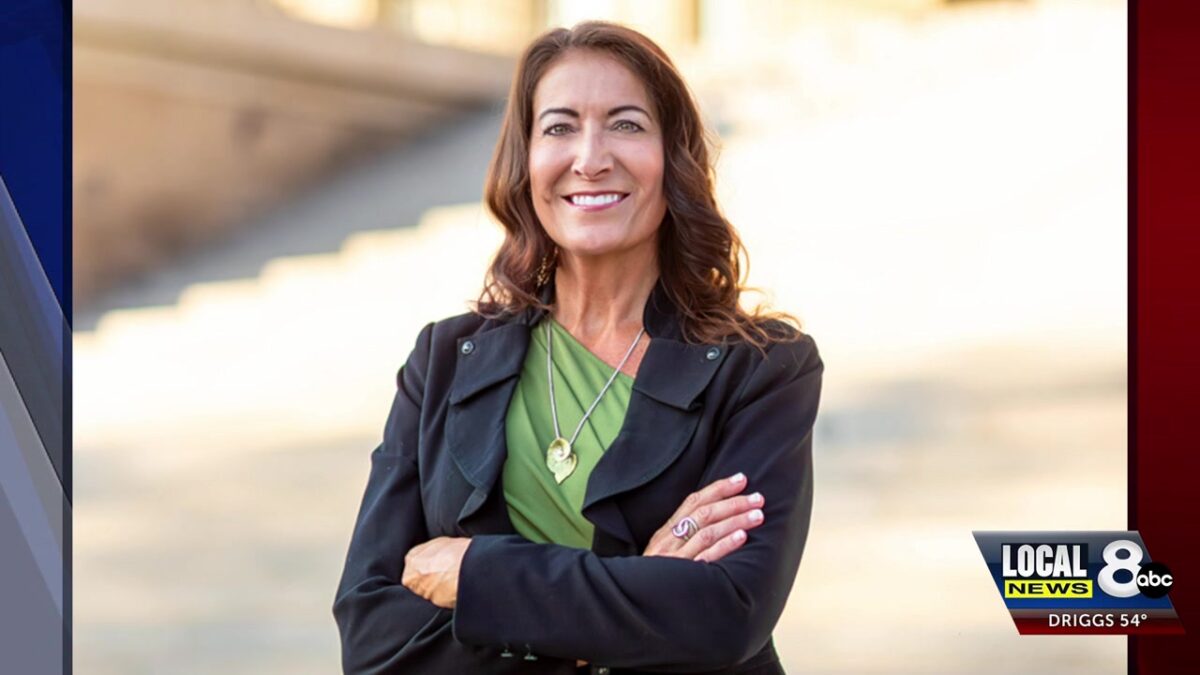“It’s Warmed My Heart”: Idaho Veteran moved to tears by gift of life-saving furnace
Bailee Shaw
BLACKFOOT, Idaho (KIFI) — With winter weather on the way, many Idahoans wouldn’t think twice about turning up the heat. But for one veteran in Blackfoot, the simple act of staying warm had become a battle against a failing furnace — until a generous gift of a brand-new heating system brought tears to the stoic soldier’s eyes.
Vietnam War Veteran Frank Perry of Blackfoot lives with only 28% lung capacity, and temperature has a huge impact on his ability to breathe. But his ongoing battle with a nearly 40-year-old furnace hasn’t done him any favors.
“Because it’s all it’s got some cracks and there’s a chance of carbon monoxide poisoning and you know I’ve got breathing issues, but I don’t, I’d rather not die…so,” said Frank.

Before the new furnace came along, Frank’s daily routine was grueling — shuffling outside, oxygen tank in tow, and carefully making his way down the steep stairs to his exposed basement. He’d fight with his decades-old furnace just to coax out enough heat to make it through another freezing night.
The Division Steps In
When the Idaho Division of Veteran Services learned about Frank’s situation, they knew something had to be done.
“It’s very scary. I can’t imagine having a limited income and facing being cold,” said Robertta Matulis with the Division. “Our winters are harsh in Idaho, and it’s coming. Winter is coming.”
Recognizing that “you can’t survive in Idaho without a furnace,” the local Veteran Services partnered with Right Now Heating and Air to deliver a brand-new furnace, installation and all, completely free of charge.
The moment they dropped off the new furnace was overwhelming for the old soldier. “It made me cry at the time because I didn’t know what I was going to do,” Frank told Local News 8 as the crew worked in his home.
Peace and Gratitude
For Robertta Matulis and the veteran service team, the act of service and gratitude was profound. “It gives me a sense of peace knowing that he’s gonna at least have a warm home,” she said. “And I know that he’s so grateful, and that makes me feel grateful because he served us, and now we’re serving him.”
Frank, holding back emotion, summed up the true impact of the gift.
“What these people have done, I mean, it’s warmed my heart,” Frank concluded. “The mindless giving. The thoughtfulness of the whole thing is incredible. It’s touched my heart. Shows me there is still humanity left.”
If you are a veteran in need of assistance, you can get connected with the Idaho Division of Veteran Services by visiting: veterans.idaho.gov








